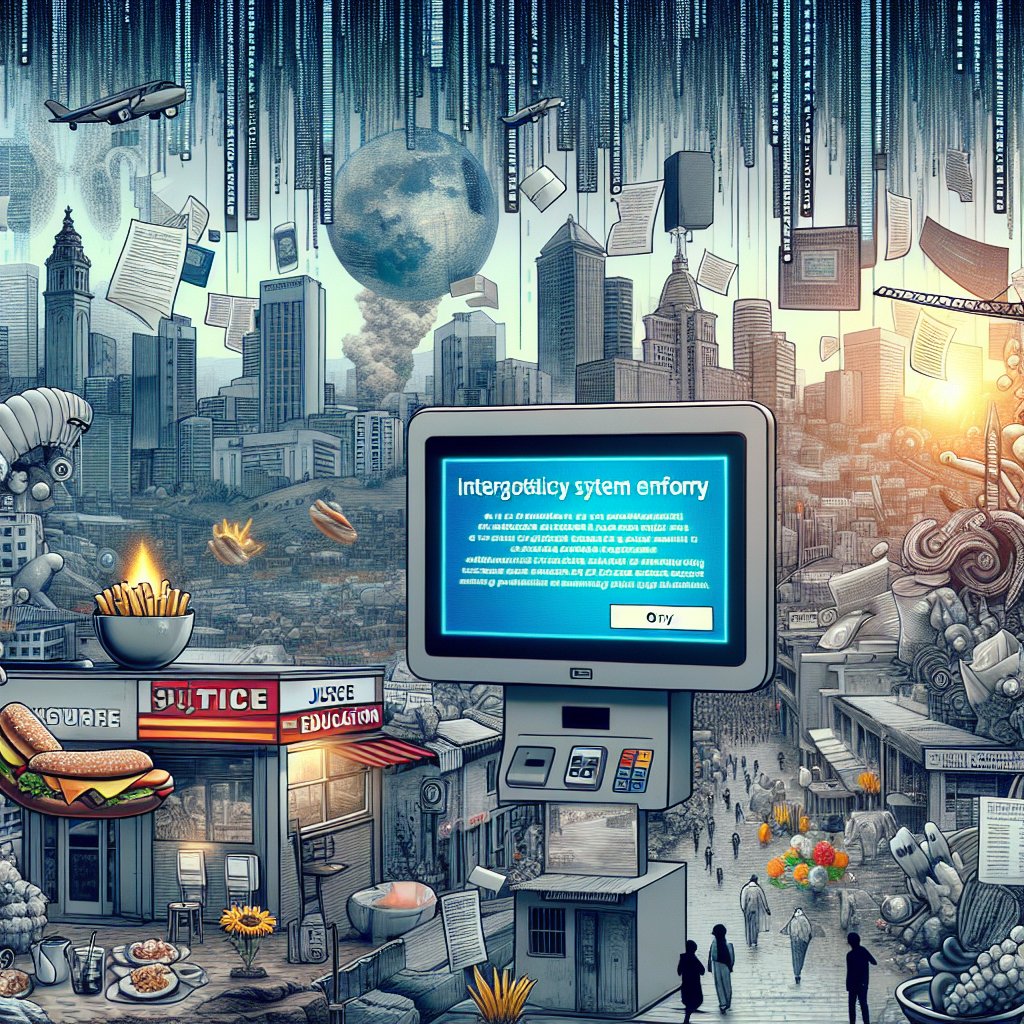Image created by AI
The High Cost of Low Accountability in South Africa’s Service Sector
It's the kind of delay that turns stomachs and tempers in equal measure: a 45-minute wait for a fast-food burger. This troubling experience isn't just a tale of hunger unsatisfied; it paints a deeper, more disconcerting picture of a systemic lack of accountability that is prevalent not just in a road-side diner, but across numerous facets of South African society.
The disillusionment begins with a simple desire to avoid human contact and the convenience promised by a digital ordering system. But when the system fails and the screen designed to streamline service becomes nothing but ornamentation, it begs the question: why implement technology without the infrastructure or training to support it? The question spirals into greater depths, touching on governance, education, health care, justice, and infrastructural developments.
This disregard for efficiency becomes most glaring when placed beside the grave issues South Africa grapples with. The National Prosecuting Authority (NPA) and the ongoing state capture inquiries simmer with public impatience over the paltry rate of convictions despite the substantial investment in such legal processes. Similarly, billions are poured into a healthcare system that clumsily manages the deployment of medical personnel.
Education is another sector where the balance between investment and outcome is tragically askew. South Africa invests markedly in higher education, yet the job market seems incapable or unwilling to provide opportunities utilizing these cultivated skills. Underemployment and unemployment remain sky-high among graduates, underlining the misalignment between educational pathways and economic needs.
In a broader sense, there are cries of futility over public investments in digitization. The South African e-Services Portal, intended to facilitate access to government services, falls embarrassingly short of functionality. All these digital and infrastructural advances are moot if they aren't supported by a reliable electricity supply – a commodity that South Africa struggles to provide consistently to its citizens.
On a more poignant note, this saga of delayed service, ineffective governance, and discarded accountability directly impacts the nation's children. With millions living in poverty, the failures of today's systems have severe implications for the next generation. This persistent cycle of inadequate service delivery and the normalization of the "eish" excuse points to a societal need for urgency and a recommitment to standards of excellence and accountability.
It's time South Africans collectively reject the "eish" mentality and demand that money, time, and effort poured into various systems and services yield tangible results and enhance the quality of life. The tale of a delayed burger becomes reflective of a society grappling with delays in justice, healthcare, education, and basic services – delays that we can ill afford if we are to progress as a nation.










